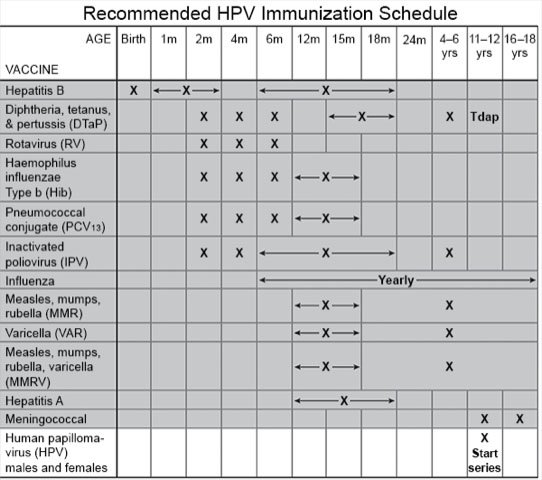Anal Cancer
Medically reviewed by Drugs.com. Last updated on Aug 4, 2025.
Anal cancer is a type of cancer that begins inside the anus. The anus is the opening where bowel movements leave the body. The most common type of anal cancer is squamous cell carcinoma (SCC). SCC cells are found in the skin, organs, respiratory tract, and digestive tract.
 |
DISCHARGE INSTRUCTIONS:
Seek care immediately if:
- You have new or worsening symptoms.
Call your doctor or oncologist if:
- You have a fever.
- Your pain is worse or does not go away after you take your pain medicine.
- You have questions or concerns about your condition or care.
Medicines:
You may need any of the following:
- Antinausea medicine may be given to calm your stomach and prevent vomiting.
- Prescription pain medicine may be given. Ask your healthcare provider how to take this medicine safely. Some prescription pain medicines contain acetaminophen. Do not take other medicines that contain acetaminophen without talking to your healthcare provider. Too much acetaminophen may cause liver damage. Prescription pain medicine may cause constipation. Ask your healthcare provider how to prevent or treat constipation.
- Take your medicine as directed. Contact your healthcare provider if you think your medicine is not helping or if you have side effects. Tell your provider if you are allergic to any medicine. Keep a list of the medicines, vitamins, and herbs you take. Include the amounts, and when and why you take them. Bring the list or the pill bottles to follow-up visits. Carry your medicine list with you in case of an emergency.
Manage or prevent anal cancer:
Your healthcare provider may recommend screening every 1 to 3 years if you are at high risk for anal cancer. Your provider can give you more information about screening tests. The following are general ways to prevent or manage anal cancer:
- Prevent an HPV infection. Some types of HPV increase your risk for anal cancer. HPV may be spread through sexual activity. The HPV vaccine is usually given at 11 or 12 years of age. It can be given from 9 years through 45 years of age, if needed. Use a new condom, contraceptive barrier, or dental dam each time you have sex. This includes oral, vaginal, and anal sex.

- Do not smoke. Nicotine and other chemicals in cigarettes and cigars increase the risk for anal cancer. Ask your provider for information if you currently smoke and need help to quit. E-cigarettes and smokeless tobacco still contain nicotine. Talk to your provider before you use these products.
- Eat healthy foods. Healthy foods include fruits, vegetables, whole-grain breads, low-fat dairy products, beans, lean meats, and fish. You may need to change what you eat during treatment. Do not eat foods or drink liquids that cause gas, such as cabbage, beans, onions, or soda. A dietitian may help to plan the best meals and snacks for you.

- Be physically active as directed. Physical activity, such as exercise, may improve your energy levels and appetite. Ask about the best activity plan for you.

- Ask your provider about sex during treatment, if needed. Your provider will tell you if it is okay to have sex while the cancer is being treated. Ask about safe ways to have anal, vaginal, or oral sex during this time.
Treatment options
The following list of medications are related to or used in the treatment of this condition.
Follow up with your doctor or oncologist as directed:
You will need to see your oncologist for ongoing treatment and follow-up. Write down your questions so you remember to ask them during your visits.
© Copyright Merative 2025 Information is for End User's use only and may not be sold, redistributed or otherwise used for commercial purposes.
The above information is an educational aid only. It is not intended as medical advice for individual conditions or treatments. Talk to your doctor, nurse or pharmacist before following any medical regimen to see if it is safe and effective for you.
Learn more about Anal Cancer
Treatment options
Symptoms and treatments
Further information
Always consult your healthcare provider to ensure the information displayed on this page applies to your personal circumstances.
